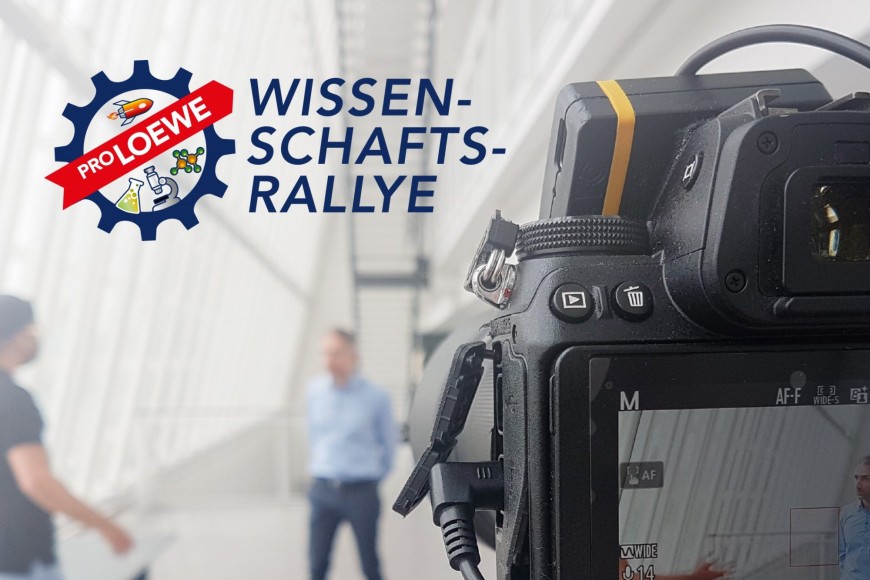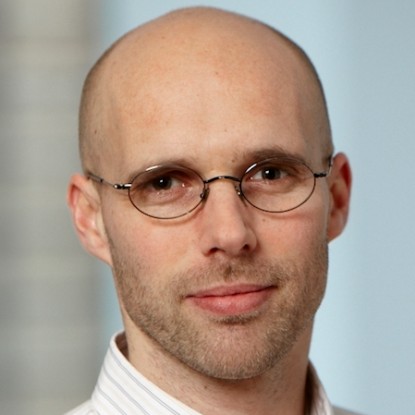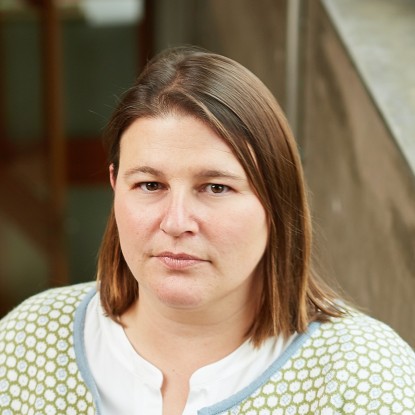ProLOEWE Science Rallye
2021/08/08
For children and young people aged 10 and over, the ProLOEWE science rallye is taking place during the summer holidays. Starting on 2 August, 21 riddle videos have to be solved. There will be experiments, painting, handicrafts and discovering nature. And best of all: there is a whole range of prizes to be won. The Centre for Synthetic Biology emerged from the two LOEWE research clusters iNAPO & CompuGene will of course also be participating.

The summer holidays begin in Hesse – a challenge for many families in times of Corona, as the pandemic also makes holiday planning difficult. So boredom is pre-programmed? Not with the ProLOEWE science rallye: It starts on 2 August on proloewe.de and offers a new science riddle to solve every day in 21 stages. 21 riddle videos from the Hessian LOEWE projects to solve by 2 September 2021 at the latest.
Children and young people from the age of ten can take part, and the whole family is welcome to join in the puzzle. And the best thing is: there are great prizes to be won for each LOEWE project and those who manage to solve all the tasks correctly will be entered into the final draw for one of the three main prizes.
In the 21 videos, LOEWE scientists take young people into the world of basic research to show them how exciting and diverse it is. Whether experimenting, painting, crafting or discovering previously unknown things in nature, the puzzles are as varied as the prizes. For example, you can win guided tours of research institutes and laboratories to which you would otherwise not have access, museum visits, experiment boxes and much more. On 21 September, the solutions will be published as shortfilms on proloewe.de and the winners will be informed.
Day 7 - Synthetic Biology
The Centre for Synthetic Biology at TU Darmstadt emerged from the LOEWE research clusters iNAPO and CompuGene. The goal of synthetic biology is to develop systematic approaches to endow cells with new properties and functions. The focus here is on the engineering approach. The possible applications are extremely diverse and include novel approaches to the therapy and diagnosis of diseases or the sustainable production of industrially relevant substances from renewable raw materials in order to reduce our dependence on fossil fuels.
Click here for the video.


